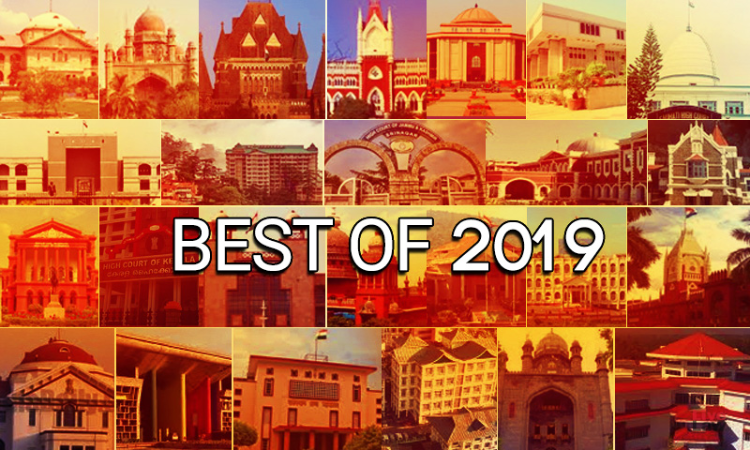- Home
- /
- Top Stories
- /
- Right To Internet, Quashing Of...
Right To Internet, Quashing Of Illegal Phone Tapping & More : Best Of 2019 HC Judgments
Live Law Research Team
2 Jan 2020 5:55 PM IST
In 2019, there were some notable High Court judgments. Among them were judgments which upheld new facets of civil liberties such as right to internet, right to marriage of a transgender person, right to personhood of asylum seeker etc.There were also judgments which reflected the judicial system's willingness to self-correct, such as the Calcutta HC's order imposing costs on itself for a...
Tags
Gauhati High CourtHigh Court of KeralaUttarakhand High CourtKerala High CourtTripura HCMadras High CourtRight to internetCalcutta High CourtInternet FreedomGauhati High CourtPhone TappingUttarakhand High CourtHigh Court of KarnatakaTripura HCBombay High CourtRight to internetGujarat High CourtInternet FreedomJammu and Kashmir High CourtPhone TappingHigh Court of KarnatakaBombay High CourtGujarat High CourtJammu and Kashmir High Court
Next Story



